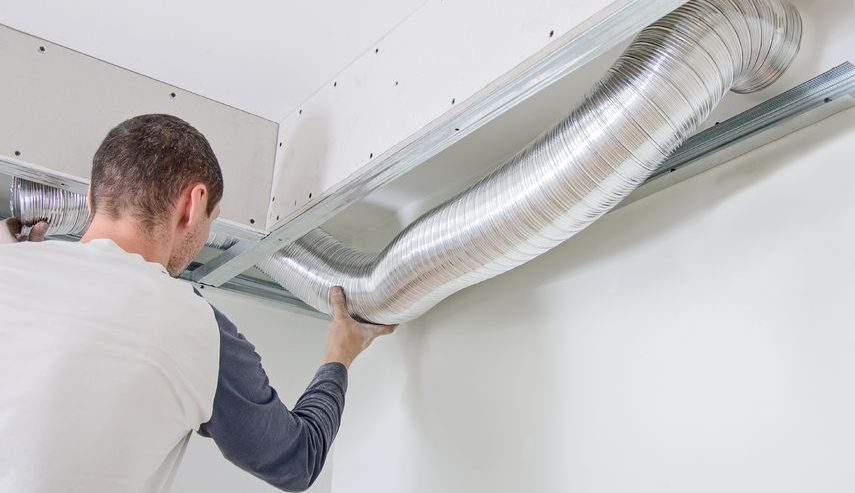Assessing Your Ventilation Performance
Your home’s ventilation system is a vital structure that regulates the air quality so that you can stay comfortable. One of the main components of your system, the ventilator, works to rid the air of pollutants and to control the temperature in the house. Whole house mechanical ventilation systems are separated into three categories: supply only, exhaust only and balanced. Here is a quick and easy guide to help you assess ventilation performance and identify HVAC issues so you can avoid bigger problems later on.
Mechanical Ventilation Systems
Supply-only systems use a fan to bring air into your house from the exterior, . with indoor air leaving your home through exhaust ducts. Many supply-only systems are called central-fan-integrated systems (CFI). Exhaust-only systems are comprised of fans that release indoor air. Air enters your house through “leaks” or openings in the building. Balanced systems combine features of exhaust and supply-only systems. Fans and ducts are used to process air in and out of the house. Balanced systems include a heat recovery ventilator (HRV) or an energy recovery ventilator (ERV).
Performance Concerns
Exhaust-only systems tend to attract contaminants into the home, which can be a problem if your family suffers from allergies. You should also be aware that there is also a tendency for exhaust systems to cause back drafting and attract moisture into the walls. These fans need to be properly cleaned and maintained to promote the type of air quality you deserve.
Supply-only systems are made to pressurize homes like yours. These systems reduce the number of outdoor contaminants that enter the home through leaks in the house. Fans used by the system are placed in one central location, capturing outside air and distributing it into your home. CFI systems tend to attract moisture into the walls which may lead to water damage in the future. It is important to monitor this fan to ensure it is not allowing too much outside air into the home. CFI systems use filters so owners must change filters frequently to manage air quality.
Balanced systems are usually very expensive to install. The HRV component transmits heat from a mixture of fresh and exhaust air. The ERV converts the heat and moisture that enters the home. The ducts for these systems can be made independently or consolidated with the present heating and cooling ducts.
Air-Flow
The ASHRAE standard is the recommended ventilation rate for air-flow systems. The present standard is 62.2. You should be sure inspect the duct layout in your home to ensure that air-flow performance is up to standard and resistance is limited.
Air pressure data from your system’s manufacturer can also be used to regulate the system. You may be advised to use termination hoods to reduce the length of the ducts in the system. Any drops in air pressure must be accounted for.
Ventilation Control
Timers and humidistats are examples of ventilator controls that adjust to reduce excessive energy usage. They regulate heating and cooling systems by using time-controls and outdoor weather conditions.
Backdrafting
Backdrafting occurs when the negative air pressure in your home is high enough to cause the appliances to attract products that will cause combustion. Backdrafting leads to carbon monoxide poisoning and predominantly affects furnaces, water heaters and chimneys.
A depressurization test should be administered to each appliance to measure baseline and negative pressure.
Regularly Assess Ventilation Performance
The health and safety of your family matters, which means to need to make sure that all of your home’s important systems are functioning the way that they should. When you assess ventilation performance on a regular basis, you’ll be keeping your family safe, happy and comfortable.





Comments
Comments are disabled for this post